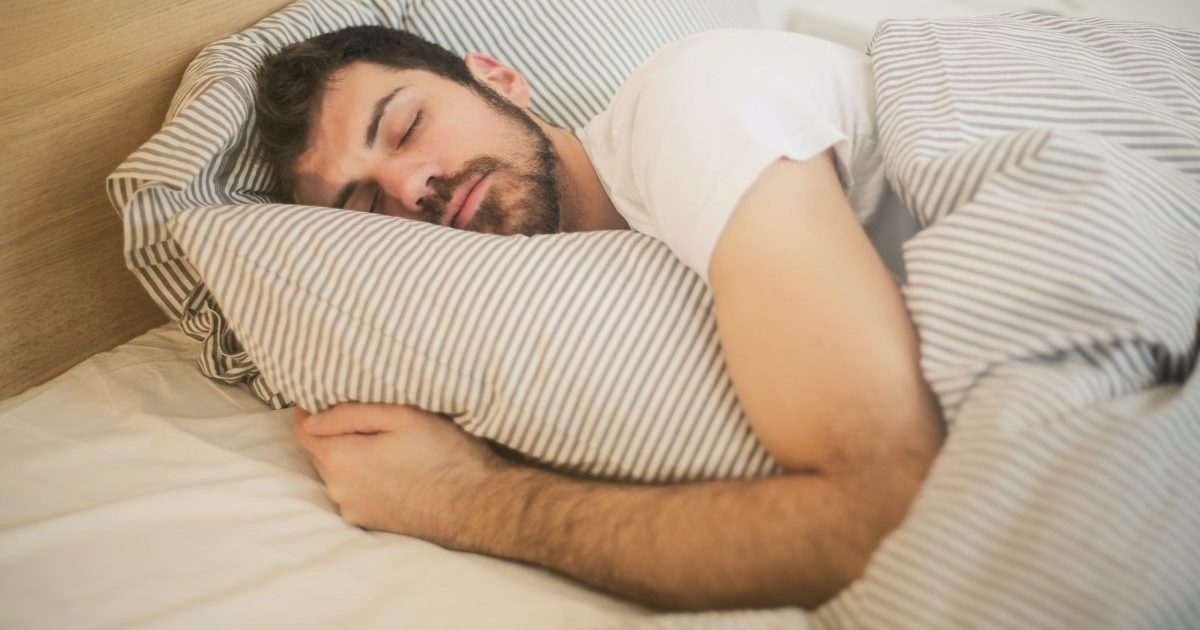The Importance of a Good Sleeping Pattern.

When it comes to mental health, one of the most common pieces of advice is to take action. Confront your issues head-on, and avoid falling into any sort of slump. While socialising and staying active are essential in maintaining good mental-health, it is easy for those around you to notice any sudden changes in your social life. What they may not see is the routine you have at home, which can have just as much of an impact on your mental health. And one of the most impactful routines you have is one most people will never notice: your sleeping pattern.
While the exact purpose or reason for sleep is still a mystery to science, what we do know is how much sleep can affect both our mental and physical health. We have all had the experience of trudging through a day after a poor night’s sleep, an effect that is compounded each time we do not sleep well. A single night of good rest can be enough to make us feel better in the short-term, but if you really want to look after both your physical and mental health, a good sleeping pattern is essential.
The quality of our sleep can affect our bodies in numerous ways, which can then have knock-on effects for our mental health. Firstly, poor sleep lowers our T-cell count. T-cells are a vital part of our immune system, and bad sleeping habits can therefore leave us more vulnerable to infection and illness. Furthermore, sleep deprivation lowers our metabolism, meaning our food won’t be digested as well, we will lose nutrients, and more will be stored as fat. This in turn leaves us with food cravings, which combined with the lack of sleep, makes us more likely to eat junk food or food high in sugar for a quick boost of energy. Over extended periods of time, this can have a major impact on our overall health.
How to Improve Your Sleeping Pattern
Our bodies run on what is known as a circadian rhythm, a sort of 24-hour cycle based on our exposure to sunlight. Spending more time in the sun can help “tune” your rhythm, which will help in getting into a proper sleep-wake cycle. You should aim for between 7 and 8 hours of sleep, ideally at the same time each night.
Modern-day habits may also play a role in keeping you awake. Rather than climbing into bed and reading a bit, many of us simply relocate ourselves and our phones from one room to another. Without changing activities, we are not really getting into the “sleep” frame of mind. Staring directly into a light doesn’t help, and at any moment, we could see a comment or news story that gets us riled up. In order to get the best night’s sleep possible, you should consider making your bed a phone-free zone.
It goes without saying that coffee will keep you awake, but tea can contain just as much caffeine. And despite what you may have heard, alcohol is more likely to keep you awake than send you to sleep. Smoking or eating a large meal before bed will also make it hard to fall, and stay, asleep.
If you do find yourself lying awake at night, it seems logical that staying in bed is the best option. In fact, if you are having trouble falling asleep, it is best to get out of bed for about 20 minutes and try again.
We spend about one-third of our lives asleep, so it is no surprise that it can have such a profound impact on both our mental and physical health. While none of the effects or tips discussed here will result in instant change, your sleeping pattern is something that will affect you and stay with you throughout your life, so it is worth investing in a good one.
If you are interested in low-cost counselling, please get in touch using the button below.
